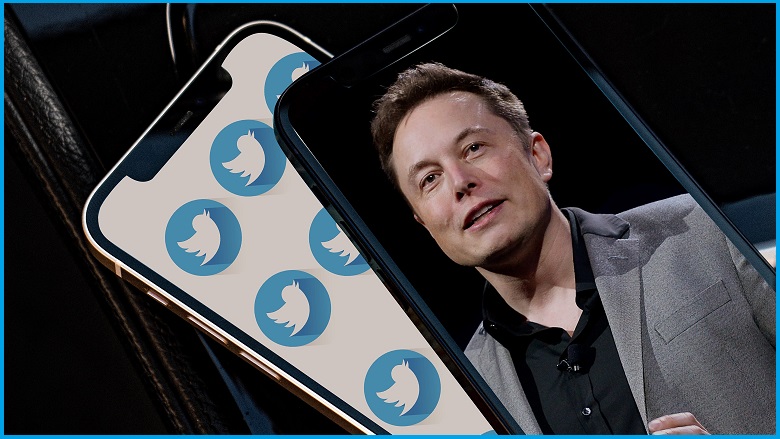A tweet from 2018 could cost Elon Musk dearly as a class action lawsuit brought forward by aggrieved Tesla investors began in San Franscisco this week.
Tesla shareholders are seeking damages for public statements Musk made which they claim lost them billions of dollars.
In August 2018, Musk tweeted: "Am considering taking Tesla private at $420. Funding secured.”
A few hours later, he followed up by saying the deal had support from investors and just needed a shareholder vote.
Tesla’s share price charged up toward that target price of US$420 for around a week before crashing down after journalists reported that the funding wasn’t, in fact, secured and the buyout was far from guaranteed.
Regulators didn’t look kindly on the effects Musk's tweets had on the share price.
The US Securities and Exchange Commission settled a complaint against Musk with a US$40 million fine and forced him to step down as Tesla chair – a position that was subsequently filled by Australian Robyn Denholm.
Meanwhile a group of Tesla shareholders pulled together a class action lawsuit saying they were misled by Musk's statements.
Musk's lawyers previously argued that his discussions with Saudi Arabia’s Public Investment Fund (PIF) led him to believe funding was secured for the private buyout.
Text messages seen in court filings from last year show the interaction between Musk and the PIF's governor Yasir Al-Rumayyan in the days following his first tweets.
After reports surfaced that the Saudis were sour on the deal, Musk said he was “deeply offended” and that Al-Rumayyan had thrown him “under the bus” to which the Saudi replied “it takes two to tango”.
Last year, a judge found Musk’s tweets were “false and misleading” and that he "recklessly made the statements with knowledge as to their falsity” – which puts the Tesla CEO on the back foot for this trial which is scheduled to last three weeks.
Easy win for the plaintiffs
Experts are expecting the case to be settled given securities class action trials rarely reach a verdict, according to Reuters, which noted that of the hundreds brought forward each year since 1996, only 15 have ever run the full course.
Musk is likely to give testimony in-person.
Should the trial continue, a jury will be left to decide if Musk’s tweets affected the Tesla share price, if he acted knowing it would have this effect, and how much he would need to cough up in damages.
Lawyers for Musk tried to get the trial moved from San Francisco to West Texas because of negative press coverage of his turbulent Twitter acquisition which they claim “imperil Mr Musk’s right to a fair trial” because potential jurors who hold a more recently formed negative opinion about Musk’s Twitter use “will be unable to separate this baseline bias from the facts in this case”.
A report from Bloomberg last week described the difficulty in finding non-biased jurors. One potential juror described Musk in a screening questionnaire as “a delusional narcissist” while another said Tesla’s cars “are beautiful, but Mr Musk is an idiot”.
Tesla is facing a crisis as shareholders raise concern that Musk is too distracted by his Twitter acquisition to run the company properly.
In Australia, Tesla recently celebrated a milestone as the country’s highest selling mid-size sedan in 2022 – a title the Toyota Camry held for nearly 30 years – but some local drivers are admitting that driving one of Musk’s electric cars nowadays carries a “very different” vibe than it did a few years ago.
Tesla’s publicity has been under further scrutiny this week when it was learned that a senior engineer at the company admitted to staging a 2016 video about the car company’s self-driving capabilities.
The engineer said the video, which Musk promoted with a tweet saying “Tesla drives itself”, was created using a 3D map of a pre-determined route and that it was not intended “to accurately portray what was available for customers in 2016”.










